Why Your HVAC System Has Poor Airflow
Airflow issues within your HVAC system can lead to uneven temperatures, increased energy bills, and an uncomfortable living environment. Understanding why these problems occur is the first step toward rectifying them and ensuring your HVAC system operates efficiently and effectively throughout the year. Let’s delve into the most common reasons why this occurs.

Clogged Air Filters
A significant cause of airflow problems is clogged air filters. Air filters are crucial for trapping dust, pollen, and other airborne particles to improve indoor air quality. However, when they become clogged, they restrict the flow of air through the system, diminishing overall performance and efficiency. It is recommended that you clean or replace your HVAC air filters every three months, or more frequently if you reside in areas with high dust levels or have pets.
Ductwork Issues
Whether it’s due to leaks, blockages, or improper installation, ductwork issues can severely impact your HVAC system’s airflow. Leaks and cracks in the ducts can cause conditioned air to escape, reducing the system’s efficiency and leading to uneven heating or cooling. Regular inspections by professionals can identify and rectify these issues, ensuring optimal airflow and system performance.
Blocked Vents and Registers
Simple obstacles like furniture or curtains covering vents can restrict airflow, leading to hot and cold spots within your home. Ensuring all vents and registers are clear of blockages allows for even distribution of air throughout your living space, promoting a more comfortable and uniformly heated or cooled environment.
Incorrectly Sized HVAC Units
Both oversized and undersized HVAC units can cause airflow and efficiency problems. An oversized air conditioning unit may cycle on and off too quickly without adequately dehumidifying the air, leading to a feeling of stuffiness. Conversely, an undersized unit will struggle to adequately heat or cool your home, potentially running continuously and increasing wear and tear on the system components. Consulting a heating and cooling professional can help determine the appropriate size for your home, ensuring efficient operation and a comfortable indoor environment.
Improving HVAC Airflow in Your Home
Ensuring adequate airflow within your HVAC system is critical to its efficiency, effectiveness, and the overall comfort of your home. Here are some strategies to improve airflow and system performance.
-
Regular Maintenance – Schedule annual checks with a reputable HVAC service provider. Regular maintenance can help identify and rectify potential airflow issues before they become significant problems.
-
Smart Climate Control – Consider investing in smart thermostats and AC controllers for centralized and mini-split systems, respectively. These devices can help monitor and adjust settings to optimize airflow and energy use.
-
Ductwork Inspection – Have your ductwork inspected for leaks, blockages, or inadequate size. Professional cleaning or necessary adjustments can significantly improve airflow efficiency.
-
Air Filtration Management – Stay on top of air filter maintenance. Clean or replace filters as recommended to ensure unobstructed airflow.
At Schmitt Heating & Air Conditioning, we offer a comprehensive range of HVAC services. Whether it’s the peak of summer or the winter, we’re here to ensure your HVAC system is up to the task of keeping your home comfortable. Call us today at (415) 689-7849 or visit our contact page to schedule an appointment.
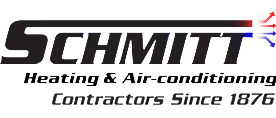
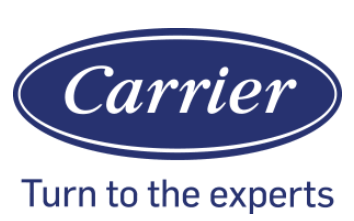
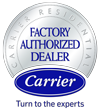

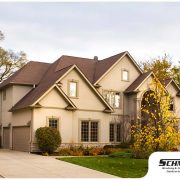
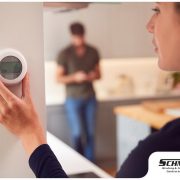
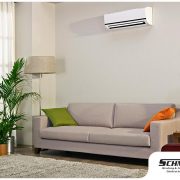
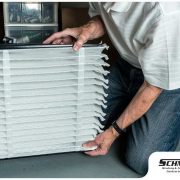
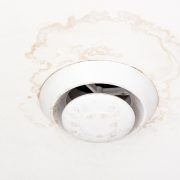
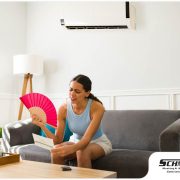
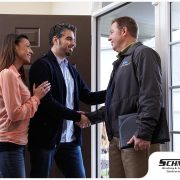
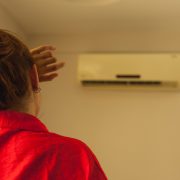



Leave a Reply
Want to join the discussion?Feel free to contribute!